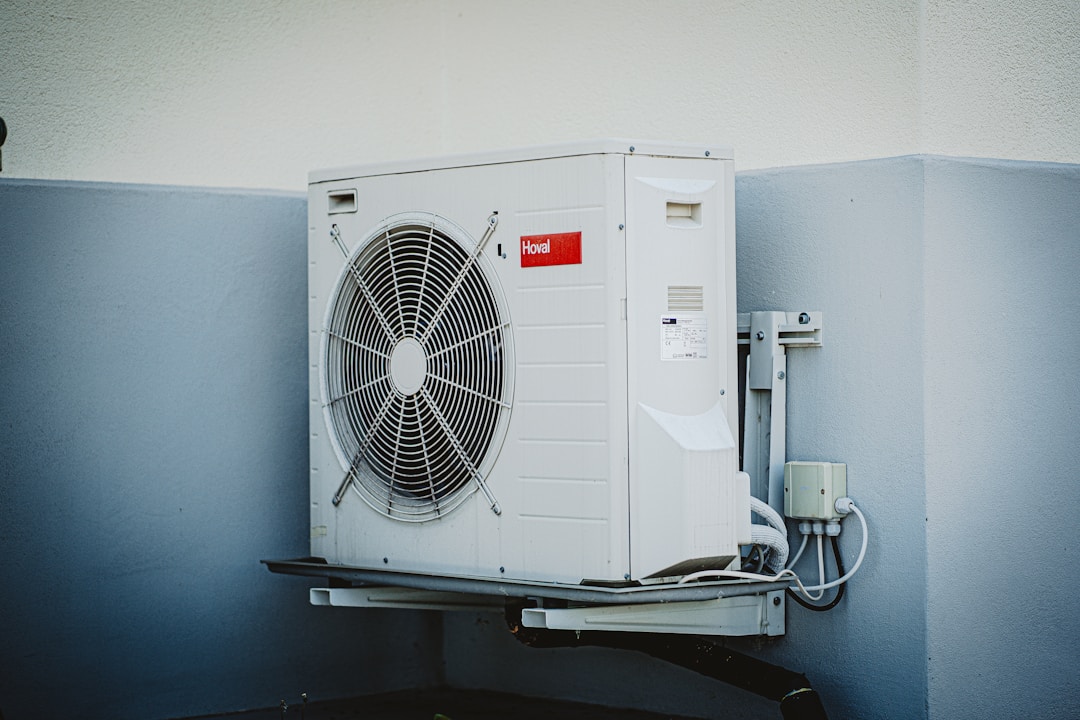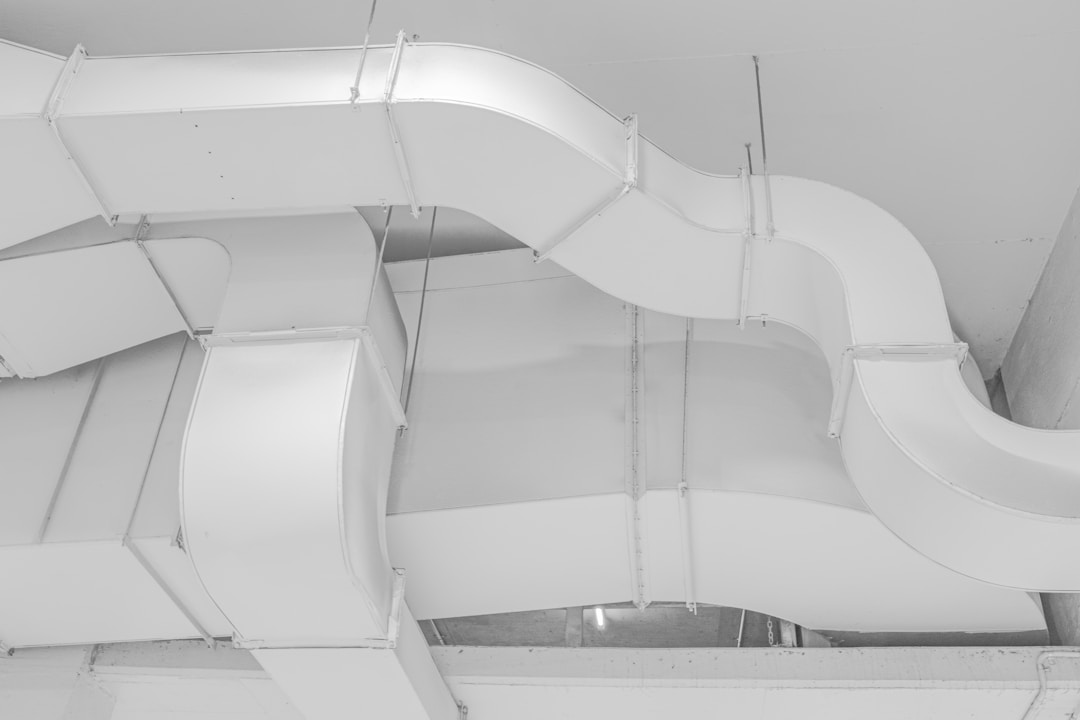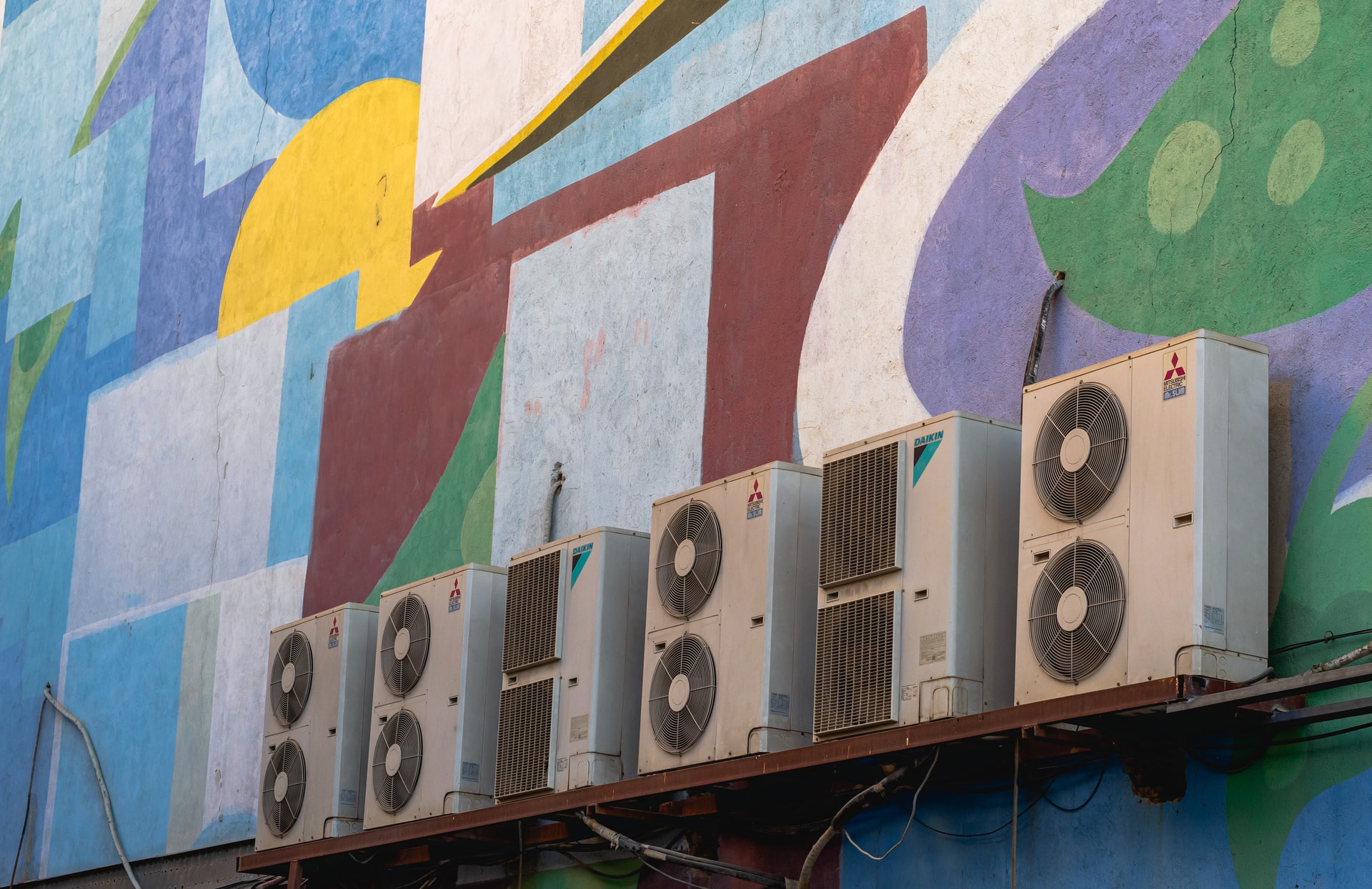For homeowners across the U.S., there are may be different needs for household air systems. Taking into account geographical area, climate, and budget, various types of HVAC systems and heaters are available for every homeowner need. With that in mind, it’s important that, when shopping around for the right air conditioning unit, you know your options.
Here, we will take a look at the most popular HVAC systems on the market, along with the pros and cons of each technology. No matter your personal needs, these are the most important factors when choosing the right HVAC unit for your home.
Knowing Your HVAC Needs

When making a good choice of air conditioner units, first consider your family’s specific needs. If you have an older home, you may be looking to upgrade to more modern technology. Likewise, if you live in a geographical area with very pronounced seasonal changes, you should consider a unit that provides both cooling system and heating system capabilities.
In recent years, those requirements have been met with a modernized ductless HVAC system, known as a ductless mini split system, or heat pump. One of the major benefits of adding a ductless system in your home is that the innovative technology replaces both the HVAC and heater in a single unit. Ductless systems, as the term describes, even do away with the need for traditional ductwork. Without the same cleaning and upkeep needs, heat pumps have quickly become popular.
It’s important to know the basics of the ductless system’s construction. A heat pump uses an outdoor unit, known as a compressor, and an indoor air handler. The ductless heat pump takes the fresh air from outside the home and either heats it or cools it according to your thermostat. With that conditioned air pumped into the entire home, the heat pump then uses the same vents as a traditional HVAC system in order to circulate the warm or cool air throughout the individual rooms. Aside from eliminating the need for two separate air systems, the outdoor compressor and indoor unit work together using less energy than either a central HVAC system or a traditional heating system. If energy efficiency is a concern to your family, as well as choosing a new system that can increase your property value, then a ductless HVAC system is a great option.
HVAC Systems and Indoor Air Quality

There are instances, however, when a more traditional system can prove economical for homeowners not looking to replace their home’s ductwork and ventilation system. Although window air conditioners and space heaters remain popular alternatives for providing seasonal comfort to individual rooms, a more likely option for the entire home could be a central HVAC system. If you already have an air conditioning unit in your older home, a new central system could be a great option in order to utilize some of the pre-installed operating systems and ductwork.
What remains important for homeowners purchasing a new system that uses ductwork and vents, is that they still keep an eye on the air filters. Although swapping out dirty filters for clean ones may seem like a minor task, the home’s indoor air quality depends upon clean filtration. For example, as your filters catch dust, debris, and other allergens within the mesh, those contaminants are safely removed from your home’s air circulation. However, dirty filtration can quickly clog the airflow, running your system to full capacity and failing to block hazardous allergens and outdoor air pollution. No matter which HVAC system you choose, keep in mind that regular maintenance is the key to keeping your units functioning properly. With both safety and energy efficiency in mind, performing the most important maintenance is as important as choosing the best HVAC system.

